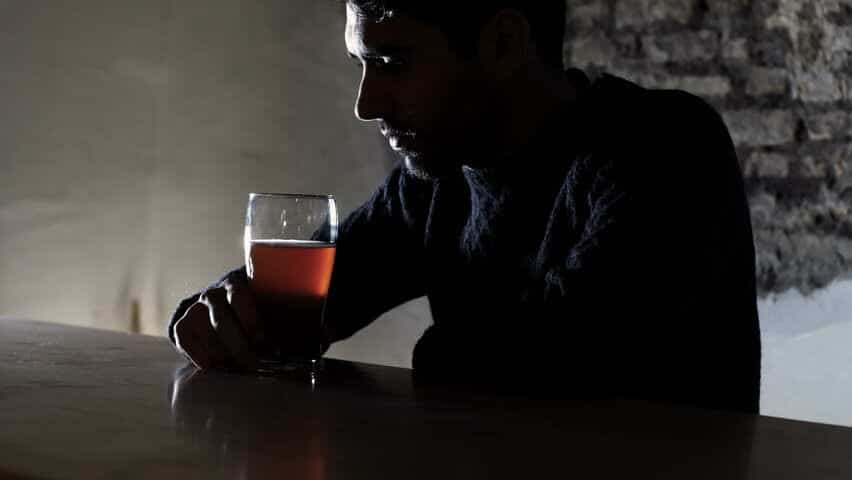The Link Between Men With Hostility and Depression.
Men, compared to women, are oftentimes known to be more aggressive. In fact, we have been seeing a dramatic increase in domestic violence by men during the pandemic. Why are men generally more violent? Are they more prone to stress or mental health issues?
This may not be the case, as different mental health issues seem to affect men and women in different proportions. For example, depression affects women two times more as compared to men.
There seems to be conflicting data regarding men and mental health. Although fewer men are diagnosed with depression, yet suicide, which is oftentimes a consequence of depression, is committed by men four times more than women.
How do we make sense of this? Is there a relationship between a person’s biological sex and mental health? Here, we seek to understand the link between being a man with hostility and depression.
The Masked Depression
Gender socialization happens from as early as our childhood years, through mingling with our peers, being taught by elders, or portrayal in the media. Thinking, feeling, and behaving as a man is a byproduct of socialization. These ideas, values, and beliefs become our identity through the decades of growing up. It becomes a natural part of us.
Some non-flexible norms that we may take in can include anti-feminineness, competitiveness, homophobia, emotional stoicism (endurance of pain without emotion), self-reliance, physical toughness, financial success, and power over women.
As a result, when there is something happening that is particularly stressful for men, such as relationship conflict, financial uncertainty, or neglectful parenting, men tend to react to those circumstances differently compared to women. While women may portray their depression through the expression of their inner emotions, men may instead “mask” it by behaviors seen on the outside.
Externalizing Behaviors
There is evidence to show that men may be less willing to talk about how they feel. In fact, the more one adheres to strict masculine norms, the less likely it is for a person to identify or describe one’s emotions. While men may experience mental health issues during stressful periods, they are also less likely to seek help from professionals.
Instead, men typically display their depression and distress via hostility, risk-taking, and substance abuse. These are defined as “externalizing behaviors” as observations on mental distress can be seen on the outside.
Some common externalizing behaviors experienced by men indicative of depression are:
- anger, irritability, aggressiveness
- physical aches and pains, digestive problems
- engaging in high-risk activities
- alcohol/ substance abuse
Conclusion
A woman will commonly report depressive feelings according to the criteria of clinical depression. But, underreporting, less help-seeking, and more externalizing behaviors may affect the data on men and depression.
The consequence of society placing value on “being a man” comes at the cost of how men may choose to manage mental health ineffectively. This can include self-reliance as opposed to seeking professional services, resorting to alcohol and substances, or through acts of hostility towards others.
In short, society tells the man that it is not okay to be sad. So, the man instead responds with anger.
Are you a man but thinking of seeking professional help? We understand the expectations and societal pressure that you go through. What we have learned here is that we all need help, irrespective of our gender.
